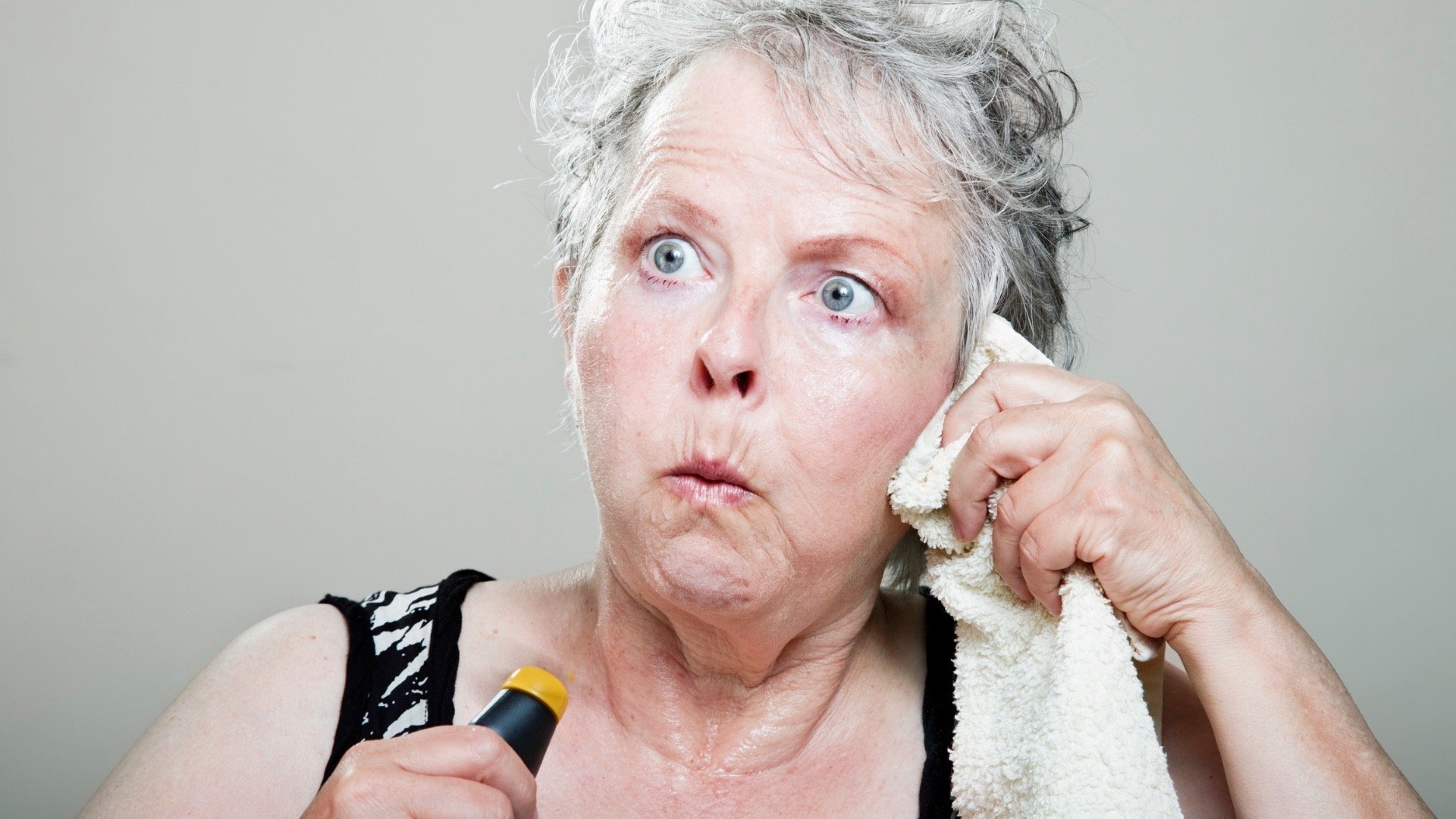Menopause – The Uncharted Territory!
Our bodies are incredible, we have over 200 hormones travelling around our bloodstream! One of these hormones, Oestrogen, is produced by the ovaries and controls a whole host of bodily functions, including growth, energy, and metabolic rate. It also regulates body weight, brain activity, cognition, DNA repair, endometrial growth, fat storage, muscle protection, skeletal density, skin maintenance, verbal memory, vaginal lubrication, sex drive, and secondary sexual characteristics. In short, it's the hormone that keeps us youthful!
As women, we go through several shifts in oestrogen levels throughout our lives. It starts with puberty, when the ovaries begin to produce E1 and E2 hormones. Oestrogen levels remain constant until our late 30s, and perimenopause can begin as early as our early 40s. This phase is when our bodies go through significant changes, such as hot flashes, and it can be challenging to adjust to. But don't worry, you can get through it by being kind to yourself and finding ways to manage this unknown territory.
When you have gone 12 consecutive months without a period, you are officially post-menopausal. The average age for menopause is around 51, and it happens one year after your last period.
Another essential hormone during menopause is Progesterone. This hormone is responsible for bone strength, brain function, immune response, insulin signaling, menstrual cycle, nerve tissue, pregnancy, and skin elasticity. During perimenopause, progesterone levels decline before oestrogen, leading to discomfort in the second half of the menstrual cycle.
Testosterone is produced by the adrenal glands and helps with sexual responses, confidence, mental clarity, and acts as a mood stabilizer. Before menopause, we produce three times as much testosterone as we do oestrogen. The decline of testosterone leads to a drop in libido, brain fog, and confidence.
Managing stress levels is crucial during menopause, as it can trigger a range of health problems. Stress produces cortisol, which steals from progesterone, further depleting our already diminished reserves. This can lead to chronic fatigue, metabolic disorders, depression, poor sleep patterns, and immune disorders. So it's essential to find ways to manage stress and keep it under control.
There are several things we can do to support our well-being during menopause. For instance, reducing our exposure to chemicals found in plastics found in skincare, hair, and makeup products. Taking supplements derived from cruciferous vegetables, using creams like Pro-gest, and consuming 40g of flaxseed soaked in water can help with hot flashes.
Another common issue during menopause is a weak pelvic floor, which can lead to bladder leakage. Pelvic floor exercises like Kegels can help strengthen the muscles, but they can be hard to do correctly. Luckily, Bare Beauty offers a machine called Emsella that does the exercises for you, making it an easier option.
Remember, you're not alone during this phase of life, and there is help available. Seeking the right support, whether it's through your doctor, therapist, or a qualified menopause expert, can help you navigate this uncharted territory with confidence and grace. At Bare Beauty, we're dedicated to helping women through this transition with our Emsella treatment and other wellness services. So let's embrace this new phase of life and keep our bodies happy and healthy!



